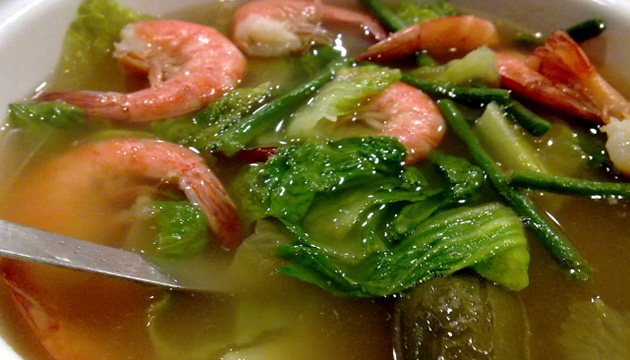July 16, 2024 — The Philippines has utilized Canadian satellite technology in its ongoing territorial dispute with China in the South China Sea.
Canada’s Dark Vessel Detection system was used to track the movements of China’s largest coast guard ship known as CCG 5901.
The Philippine Coast Guard revealed that the 165-metre ship, also the biggest coast guard vessel in the world, was first detected on June 17, 2024 as it departed the island province of Hainan in China and sailed toward the contested waters.
The Canadian detection system is designed to track “dark vessels” or ships that switch off location-transmitting devices to evade monitoring.
The deployment of the Dark Vessel Detection system was among the items mentioned in a
November 17, 2023 statement issued by the office of Canadian Prime Minister Justin Trudeau.
The statement followed Trudeau’s participation in that year’s leaders’ meeting of the Asia-Pacific Economic Cooperation (APEC) in San Francisco.
APEC is a forum of 21 member economies in the Asia-Pacific region.
“Nearly one year since the launch of Canada’s Indo-Pacific Strategy, the meeting was an important forum to deepen Canada’s collaboration with regional economies on supply chain resilience, sustainable and inclusive economic growth, digital trade, and economic security,” the statement from the prime minister’s office noted.
Canada’s Indo-Pacific Strategy was launched in November 2022.
The statement noted “significant progress” in the implementation of the said strategy.
This includes the signing of a five-year agreement with the Philippines to “provide Canada’s Dark Vessel Detection system which offers state-of-the-art remote sensing technologies to heighten the Philippines’ maritime domain awareness and support their efforts to combat illegal, unregulated, and unreported fishing within their sovereign waters”.
“Fisheries and Oceans Canada will deploy the system to multiple monitoring facilities in the Philippines as of November 20, 2023,” the prime minister’s office stated.
An October 14, 2023 report by the Philippine News Agency explained that the agreement between the two countries will allow the Philippines to “access for free Ottawa’s satellite-based technology”.
The PNA also reported that the Canadian Embassy in Manila had said that the deal was signed during the 6th Canada-Philippines Joint Commission on Bilateral Cooperation meeting in Canada on October 13, 2023.
The news agency also reported that the satellite-based system would provide the Philippines with “near-real-time monitoring capability”.
Based on media reports citing Philippine Coast Guard information about the tracking by Canada’s Dark Vessel Detection technology, China’s CCG-5901 ship arrived at the Escoda Shoal on July 3.
The Escoda Shoal, also known as Sabina Shoal, is located 139 kilometres from the Philippine province of Palawan, thus making it part of the country’s exclusive economic zone or EEZ.
An EEZ extends up to 200 nautical miles or 370 kilometres off a country’s coast.
Media reports stated that the Philippine ship BRP Teresa Magbanua has been deployed at Escoda since April 2024, a move that China does not approve of.
China claims the entirety of the South China Sea. Five other countries, including the Philippines, have laid claims over parts of the region.
Media reports noted that Escoda Shoal is nearly 900 kilometres away from China’s nearest landmass, which is the island province of Hainan.
The rollout of Canada’s Dark Vessel Detection system was among the items taken up by Canadian Foreign Affairs Minister Mélanie Joly, when she hosted her Philippine counterpart, Foreign Affairs Secretary Enrique Manalo, in Ottawa on May 8, 2024.
“During their meeting, Minister Joly and Secretary Manalo discussed the strong people-to-people ties that serve as the foundation of our bilateral relationship, as well as shared priorities, such as defence and security cooperation, maritime affairs, climate action, human rights, and economic resilience,” a readout from the meeting stated.
Moreover, “The Ministers reaffirmed the two countries’ shared commitment to upholding democracy, sovereignty, multilateralism, and emphasized the importance of international law, including the United Nations Convention on the Law of the Sea.”
Canada has supported the Philippines in its South China Sea dispute with China.
Ottawa agrees with a 2016 ruling by an international arbitral ruling that there is no basis for China’s expansive claims in the South China Sea.
Canada has also condemned Chinese action against Philippine ships in the disputed waters.
“The use of dangerous maneuvers, collisions, water cannons and long-range acoustic devices against Philippine vessels endangers lives and poses a serious threat to regional peace and stability,” Global Affairs Canada said in a December 12, 2023 statement.













